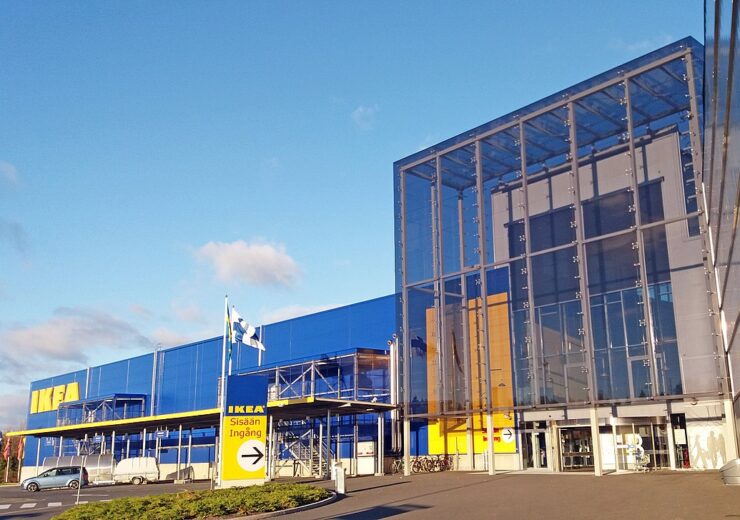The phase-out process will be carried out in different phases, starting with removing plastic from the packaging of all its new products by 2025

Ikea store in Kuopio. (Credit: Tiia Monto/Wikipedia.)
Sweden-based home furniture retailer IKEA has announced that it will eliminate plastic from its consumer packaging solutions by 2028.
The company will carry out the phase-out process in different phases, starting with removing plastic from the packaging of all its new products by 2025.
With its latest decision, IKEA aims to develop packaging solutions sourced from renewable and recycled materials, to reduce plastic waste and pollution.
IKEA Sweden packaging development leader Maja Kjellberg said: “Ingenuity is part of the IKEA heritage, and packaging is by no means an exception in that regard.
“Shifting away from plastic in our consumer packaging solutions will doubtlessly be a challenging task in the coming years.
“With this movement, we aim to spur packaging innovation and use our size and reach to have a positive impact on the wider industry beyond our supply chain.”
Currently, IKEA consumes around 920,000 tonnes of packaging material per annum, which costs more than €1bn.
The retailer aims to eliminate plastics from consumer packaging solutions by developing packaging solutions using renewable and recycled materials.
IKEA said that it has already started reducing the amount of plastic used in its packaging solutions, and less than 10% of its total packaging material volume contains plastics.
Also, the company may continue using plastic packaging in some parts of its food range where it is needed to secure quality and food safety standards beyond 2028.
IKEA Sweden packaging and identification manager Erik Olsen said: “Phasing out plastic in consumer packaging is the next big step on our journey to make packaging solutions more sustainable and support the overall commitment to reduce plastic pollution and develop packaging from renewable and recycled materials.
“The shift will happen progressively over the coming years, and mainly be focusing on paper as it is both recyclable, renewable, and widely recycled across the world.”
